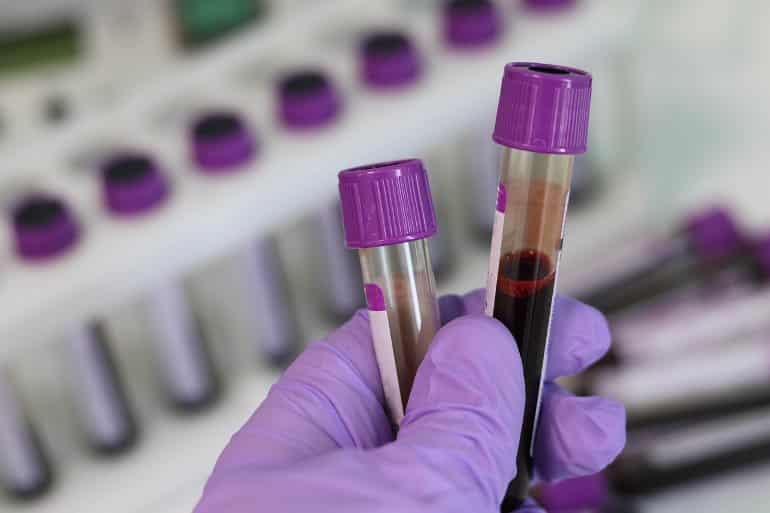
One type of autism is maternal autoantibody–related autism spectrum disorder (MAR ASD).
They found support for predictive protein patterns in the blood of expecting mothers and links of MAR ASD to higher intensities of autistic traits.
MAR ASD patterns linked to autism before birth.The MIND Institute’s Judy Van de Water and a team of researchers showed that autoantibody binding to nine specific combinations of proteins (known as MAR ASD patterns) successfully predicts autism in previously diagnosed children.They wanted to see if the patterns accurately predicted autism in the children.
The study screened the plasma of 540 mothers of autistic children, 184 mothers of kids with intellectual disability but no autism, and 420 general population mothers of kids with no known autism or intellectual disability at the time of the study.It found reactivity to at least one of the nine MAR ASD patterns in 10% of the autistic group.This is compared with 4% of the intellectual disability group for some patterns, and 1% of the general population group.
Four patterns were present only in mothers whose children were later diagnosed with autism, making those particular autoantibody patterns highly predictive.
The study also found that a mother with reactivity to any one of the nine MAR ASD patterns has around 8 times the chance of having an autistic child.Several MAR ASD patterns were strongly associated with autism with intellectual disability.Others were linked to autism without intellectual disability.
The protein pattern most strongly linked to autism was (CRMP1+CRMP2).
Previous research found the MAR subtype of autism in 20% of a Northern California sample of autistic kids Yet, until now, this type of autism has not been studied in any state besides California.Their study, published in The Journal of Developmental and Behavioral Pediatrics, recruited 68 mothers of autistic children ages 2-12 years.The mothers provided blood samples and completed behavioral questionnaires about their children.
It showed that children of mothers with +MAR antibodies had higher autism severity scores than those of -MAR mothers.
We used prenatal plasma from mothers of autistic children with or without co-occurring intellectual disability (ASD = 540), intellectual disability without autism (ID = 184) and general population controls (GP = 420) collected by the Early Markers for Autism (EMA) studyWe found reactivity to one or more of the nine previously identified MAR ASD patterns in 10% of the ASD group compared with 4% of the ID group and 1% of the GP controls (ASD vs GP: Odds Ratio (OR) = 7.81, 95% Confidence Interval (CI) 3.32 to 22.43; ASD vs ID: OR = 2.77, 95% CI (1.19–7.47)) demonstrating that the MAR ASD patterns are strongly associated with the ASD group and could be used to assess ASD risk prior to symptom onsetIn addition, we found that several of these specific MAR ASD patterns were strongly associated with ASD with intellectual disability (ASD + ID) and others associated with ASD without ID (ASD-no ID)